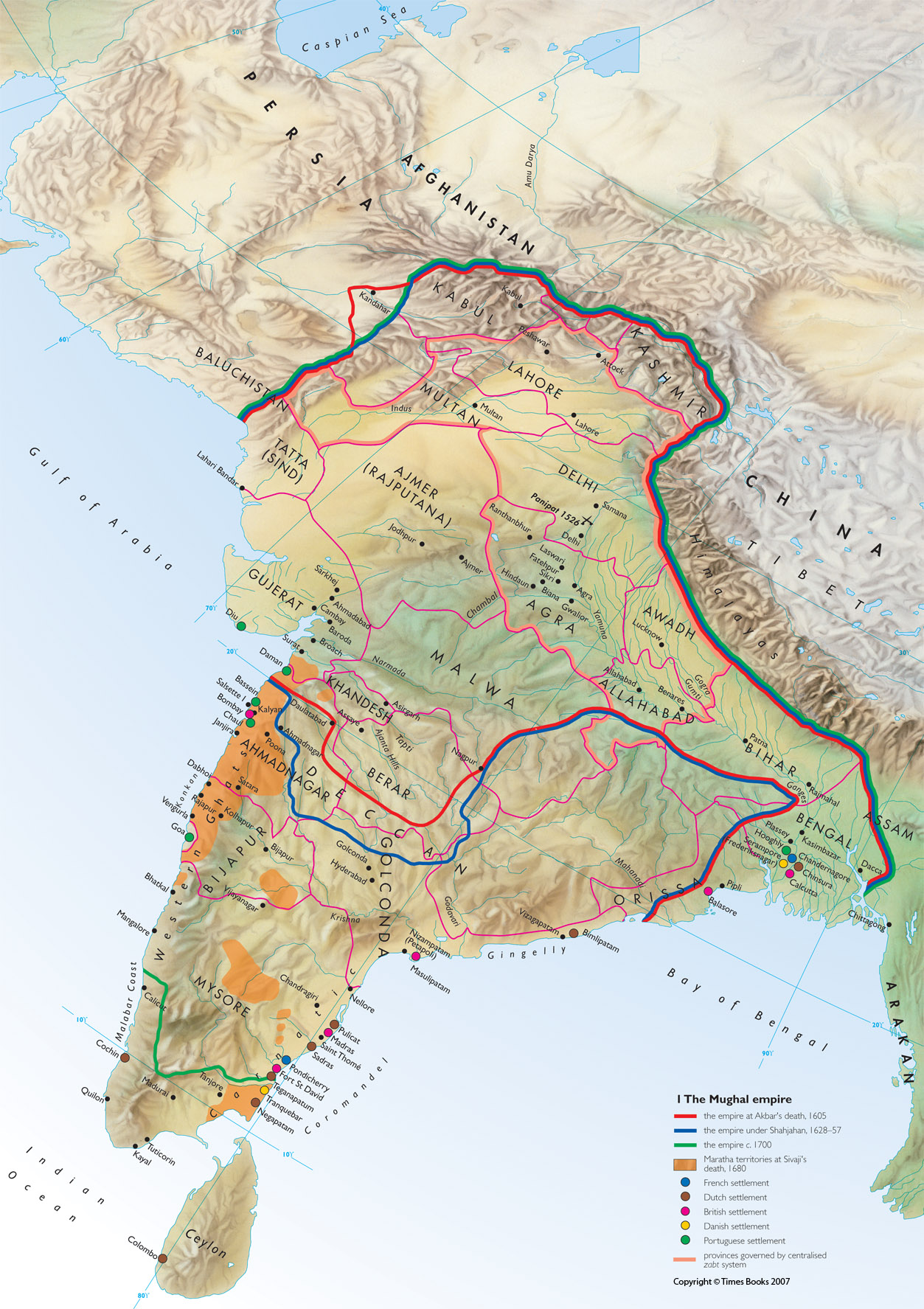IDR Blog
Myanmar- Pressure on Civilian Government uncalled for
It is noticed that the UN and some Western Countries are putting undue pressure on the civilian leadership in Myanmar thus straining the delicate and cautious relationship between the civilian government led by Suu Kyi and the Tatmadaw (the Army). The problem relates to the events in Rakhine State and the exodus of nearly six to seven hundred thousand Rohingyas to Bangladesh.
One of the recent visits of an International team to the affected areas in Rakhine State was by none other than the former UN Chief Kofi Annan whose recommendations after a detailed investigation has been accepted by the civilian government and is being implemented. Subsequently the Government of Suu Kyi had managed to convince the Army and let a UN Security Council team to visit the Rakhine State.
The Government had also allowed an Amnesty International team to visit the affected areas who for the first time convincingly confirmed about the atrocities committed by the ARSA attackers on non-Muslim population. There was no serious condemnation of the incident by the so called liberal media and international agencies who are now bent upon disturbing the fragile relationship between the Army and the Civilian leadership. This is going to have a serious impact on the future of democracy itself in Myanmar.
The issue relates to an agreement between Myanmar government and the UN agencies- the UNHCR and the UNDP on 1st June for the safe and sustainable return of the Rohingya refugees. This has been referred to in our paper 6384 wherein we had commented on the “all too intrusive role” the UN wanted in investigation and return of the Refugees and the possibility of the government of Myanmar and the Army not accepting such a role.
This issue had come into the open when it was known that a UN Representative will be included in the commission for investigation. An informal meeting of key Defence and Security members including the President, the Army Chief took place on 4th June to discuss the latest developments in Rakhine State. One of the issues has been the acceptance of the Government on including an international member in the new Commission of Enquiry.
This was followed by an unannounced visit of a delegation from China to discuss the same issue with the Government. It was known that the Chinese were firmly opposed to formation of a commission with an outsider and of any interference of the UN on the internal affairs of Myanmar (though they could do what they like). Specifically, they were opposed to the inclusion of a UN Representative as a member!
The problem escalated further on 15th June when in the lower house of the parliament, members from the Army, the USDP and the Arakan National Party strongly opposed the inclusion of an international member in the Commission. They said that the inclusion affected the sovereignty of the country and they asked- “Is the country being ruled by the International community?”.
In view of strong opposition, the house was abruptly adjourned. Later a meeting was held at the President’s house by what could be called as an informal National Defence Security Committee to thrash out the issue that had erupted and likely to further strain the already strained relationship between the Army and the Civilian leadership.
Eventually the decision to accept an international member was passed the next day in the Lower House- but at what cost?
The western countries are also bringing pressure on Myanmar through another channel- the International Criminal Court to which Myanmar is not a member but Bangladesh is. So, the case is being prosecuted through Bangladesh. On 22nd June, the International Criminal Court has given a deadline of July 27th for Myanmar to formally respond to the prosecution charge of treatment of Rohingyas.
It looks that the western countries and some international agencies are bent upon censuring the Myanmar government on a bilateral issue between Myanmar and Bangladesh when both the countries are quite capable of solving such bilateral issues.
It is not realized that in the process, the fledgling democracy in Myanmar is being put to severe strain!




